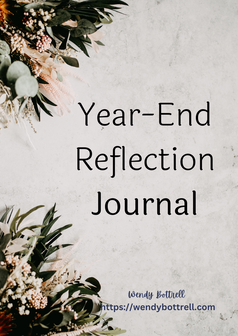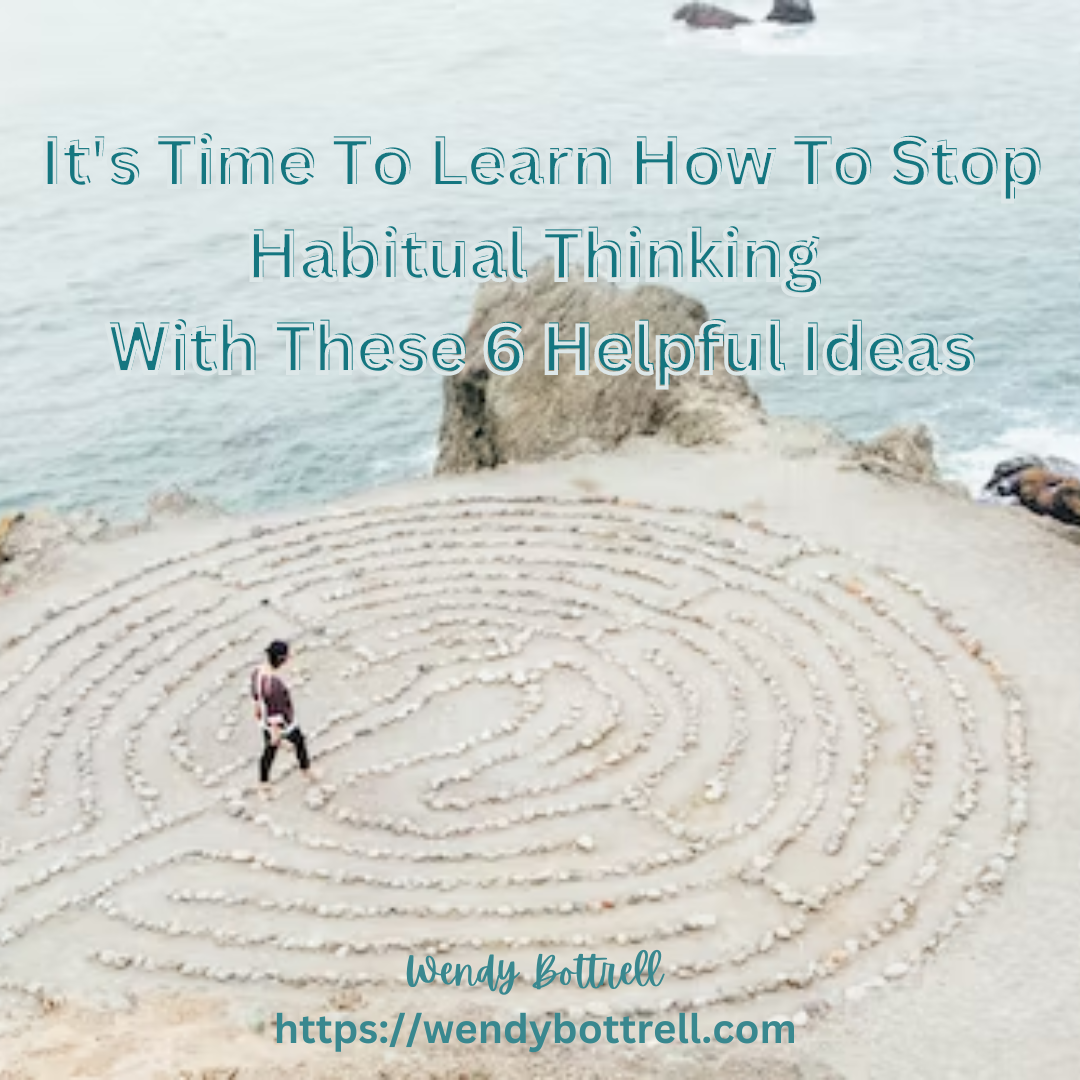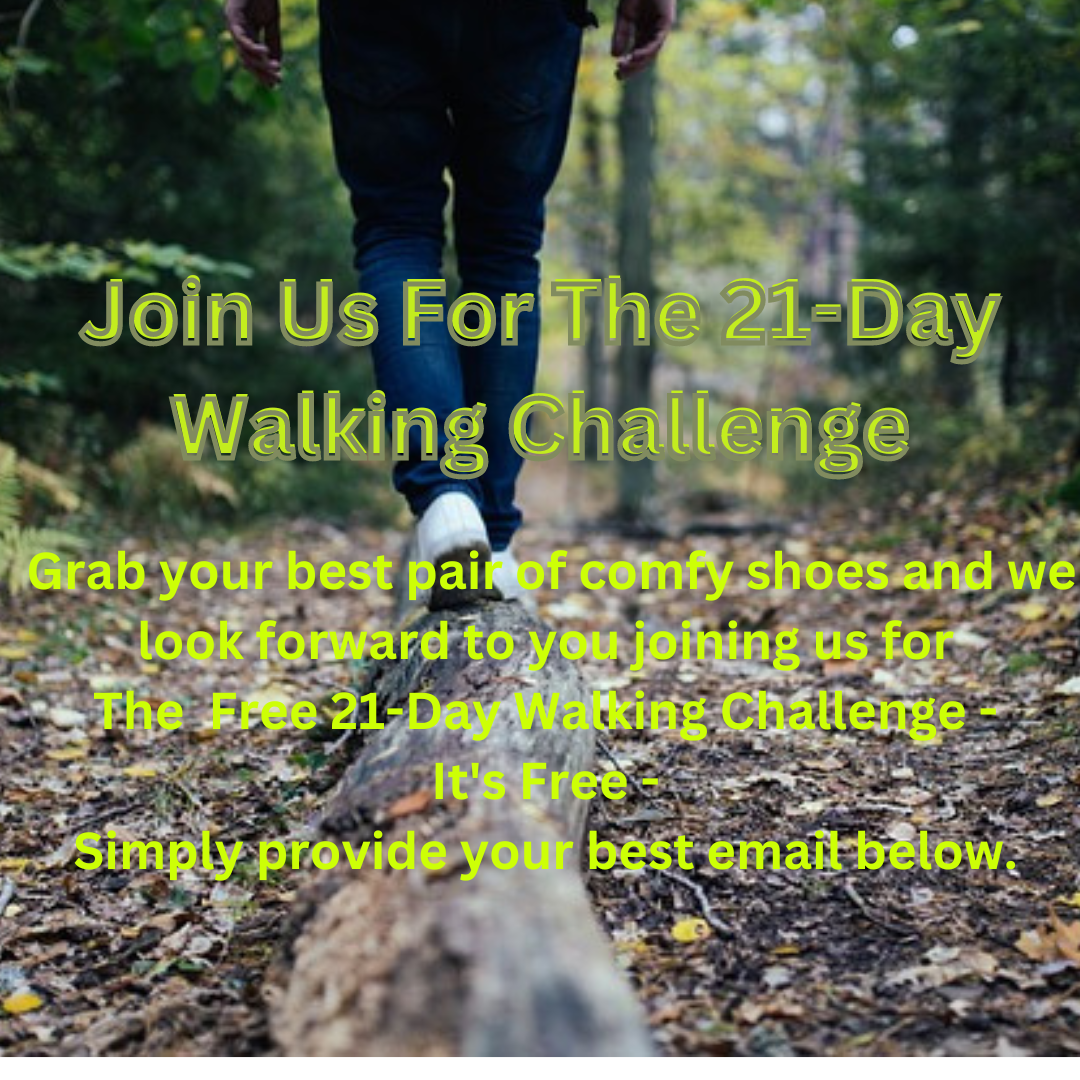Year-End Reflection Journaling We believe in the power of daily journaling because there are few things quite so effective at changing your life as writing in your journal each morning. Today we are talking about The Power Skill Of Journaling For Your Year-End Reflection. In fact, journaling is one of those ‘keystone’ practices, as talked about by Charles Duhigg, in his book, The Power of Habit. He describes how keystone habits tend to build a whole host of other positive habits around them almost entirely by themselves. Think of how a decluttering habit leads to a cleaner and tidier surroundings at home, eventually affecting your workspace. The decluttering habit may then move into non-tangible areas of your life, such as your relationships. That’s because a keystone habit is a core found at the center of other patterns. In the decluttering example, the core concept is to remove things from your life you no longer need or no longer give you joy. This will force you to examine the objects you have in your life. As you get used to this mindset, you start noticing other areas of life where you’re holding onto things you no longer need, and that doesn’t give you joy. This very naturally leads to things like the ‘decluttering’ of relationships, or the sudden desire for a shift in career. Now think of journaling as a keystone practice. What is at the core of journaling which makes it so significant? The core of journaling is not only the ability to express yourself but the need to. Journaling allows you to examine and understand the world around you. At the same time, it places you within the world, inviting you to see and understand your role in things. This constant examination and re-examination of yourself is a powerful thing with far-reaching consequences. As we come to the end of 2022 now is an excellent time to think about you and the coming year. Set your plan, write it down and use this time to decide what you want to take with you into your new year and what are those things you want to leave behind. Today we have a free Year End Reflection Journal and Workbook that we are giving away to help you along your journaling experience. Get your copy of our Year-End Reflection Journal and Workbook here now - http://bit.ly/3Gpq5UP Be sure to let us know how we can help you Share any ideas, comments or questions below. Be sure to get your copy of our Year-End Reflection Journal and Workbook here now - http://bit.ly/3Gpq5UP
0 Comments
Stop Habitual Thinking 6 Helpful Ideas As we come to the end of the year many people are beginning to plan for a new year with a new you. Maybe you have you begun the review of your life recently and realized you spend a lot of time letting your mind jump to the negatives or the worst-case scenario. This is known as habitual thinking. And while habitual thinking can be a powerful tool if it is positive, if it’s negative, it’s important to put a stop to it right away. Today's topic is It's Time To Learn How To Stop Habitual Thinking With These 6 Helpful Ideas Below are some ways you can put a stop to your negative habitual thinking. Now before we begin with our 6 ideas, we want to share an idea that we have been introduced to in the last couple of years. Replace the idea of Habits with Practice. We, humans, tend to do habits most of the time on automatic pilot. When we practice there is the intention to improve. In the case of our health, well-being and fitness this is an important part of the process. For example, you want to improve your cooking skills, so you begin to practice new recipes until you have mastered them. At that point of learning the skill, you can then decide to either practice more to make the recipe your own or begin a new recipe that you will intentionally practice to the point of mastery. "Everything is practice." - Pele The same can be said for your fitness practice. Being in the habit of exercise could be done on autopilot. You exercise without paying attention to form or technique. Simply go through the motion of doing a certain exercise. The practice of exercise is to improve, in a way that serves you. Improve your form or technique, maybe it might be your intensity, or strength for example. This is simply a more powerful way to get to where you want to go with your health and fitness. So, as you go through the following ideas, I challenge you to consider replacing habit thought with my practice thought. Let me know any ideas, comments or questions below. Write It Down Sometimes, when something exists only in your mind, it seems very serious and like nothing can stop it. When you put that same thought down on paper, it may not seem so scary. Thus, in order to stop habitual thinking, you need to start writing down your negative thoughts right when they arise, especially the ones you feel you think often. Once you see the words on the paper, they won’t seem as bad. Not only that, but you may feel that they are actually kind of silly. We feel this will help you develop the practice of intentional thinking rather than habitual thinking. A morning writing practice is an idea that I have been practicing for the last year. Each morning I write 3 pages with pen and paper. There is something intentional and satisfying by using this old school method of writing. First thing is the morning practicing this has been a huge pleasure and has helped with my thinking tremendously and I would highly recommend it. Develop An Intentional Action Plan After you have the paper of all your negative thoughts in front of you (or maybe it’s just the one thought which comes up over and over again), it’s time to develop a plan of intentional action of how you will deal with the thoughts when they arise in the future. There are a number of methods you can employ, which are coming up next, but it’s important that you evaluate each of your negative thoughts individually as they may not all have the same solution, especially if you tend to have negative habitual thinking in multiple areas of your life. I have used 8 hour affirmations while I sleep to begin the process of developing an intentional thinking practice. I have found I sleep better and wake up feeling so much better. Create Positive Affirmations One of the best methods of dealing with negative habitual thinking is by creating the positive intentional practice of thinking to employ over the negative thinking. For example, the next time you think “I can’t do that, I’m not good enough” you can acknowledge the negative thought and begin the practice of using the positive affirmation of “I can do anything I put my mind to.” This will immediately redirect your thinking to positive thoughts instead of focusing on the negative. This will also help give you the confidence to hopefully stop having negative thoughts in the first place. Stop The Negative Thinking In Its Tracks If you struggle with remembering positive affirmations for every one of your negative habitual thoughts, you may benefit from simply acknowledging the negative thoughts. We don’t change the things we first don’t acknowledge. For example, if you are thinking “I will never be able to do that” you can think “Thank you for this thought and I don’t know the future, maybe I can do that” instead. Basically, it’s you beginning to see the habitual thoughts you want to change, let yourself know you see it and allow yourself a new way of thinking as you move from old habitual patterns to knowing empowering thoughts Stop The Repetition No matter which of the methods above you decide to employ, it’s important that you stop the repetition, especially if there is one specific thought which pops up frequently. This is because the frequency is used to establish automatic habits, and you will never break the habit of habitual thinking if you continue to let thoughts swirl in your head repeatedly. Sometimes just clearing your mind when the habitual thought comes up can do wonders to stopping the repetition cycle. Overall, stopping habitual thinking is difficult, and yet it is not impossible to create a new practice of thinking. So, if you want to stop the cycle of habitual thinking, start by writing the thoughts down, then developing an action plan to deal with them. "Practice is the best of all instructors." - Publilius Syrus Whether you choose positive affirmations or stop the thoughts in their tracks, whatever you do, just make sure you break the cycle of repetition in order to stop the habit from perpetuating. Share any ideas, questions, or comments below. We have found that an intentional walking practice has helped us with our daily thinking practice. What we know for sure is that walking outdoors will help improve how you feel, and your brain power and definitely help reduce stress. Walking in the morning is best and not only does it feel good, but it helps with your sleep at night and that helps with your brain power. “Research shows that regular walking actually modifies your nervous system so much that you’ll experience a decrease in anger and hostility,” she says, especially when you're going for a stroll through some greenery or soaking in a bit of sunlight. This can be particularly helpful during the colder months when seasonal depression spikes. (source: Here- https://www.geelongmedicalgroup.com.au/2018/11/7-incredible-health-benefits-of-walking-30-minutes-a-day ) Join me for our FREE Walking Challenge Here - This is appropriate for all fitness levels, though it is tailored to beginners. You will also get a tip a day, which gives you a little more insight into how to walk, what to wear, going outside or using the treadmill, and even journal entries about your experience. Join The Free Walking Challenge Today – Free Registration HERE Please Like & Share – We would appreciate it as it helps more people see our content Find more about us at https://wendybottrell.com Check out our digital resource page here Fitness Resource Page here Be sure to get in touch with us and let us know how we can help you. Take A Walk If You Are Feeling Out Of Sorts Do you ever have one of those days when you are simply feeling out of sorts? I know I do. It can be difficult to stay productive when you are feeling out of sorts. You might have so many ideas and thoughts in your head that it’s tough to focus on your to-do list. Now you do not have to allow the feeling out of sorts to ruin your productivity. You can quiet your mind if you are feeling out of sorts by simply going outdoors for a walk. Then when you are ready, you’ll be able to return to work with focus and clarity. You may or may not know that we believe walking is the link to living a healthy and vibrant life. We believe walking inspires the mind, activates the body, and nourishes the soul. Taking a walk, even a short one, is helpful when you are feeling stressed. Not only does walking get you away from your desk, but we know it’s also a great way to relieve stress. Go outdoors and enjoy some nature if possible. The more peaceful and quieter it is the better the opportunity to enjoy your time outdoors walking. Be choosy with your location. Busy streets can make it hard for you to focus and relax. Instead, opt for quiet streets or walk at a local park that you enjoy visiting. Research has shown that walking at a lively pace of at least 150 minutes a week can help you: • Walking will help reduce stress – We wrote about this here • Think better, feel better and sleep better. •Reduce your risk of serious diseases like heart disease, stroke, diabetes and several types of cancer. •Improve your blood pressure, blood sugar and blood cholesterol levels. •Increase your energy and stamina. •Improve your mental and emotional well-being and reduce the risk of depression. •Improve memory and reduce your risk of dementia. •Boost bone strength and reduce your risk of osteoporosis. •Prevent weight gain. (source – https://heart.org ) What we have found over the past five-plus years is that getting out for a daily walk helps with many aspects of life. Walking connects the mind and body, and helps with reducing stress, thinking better and overall well-being. "Walking for Exercise- Walking is one of the most popular forms of exercise worldwide. It doesn’t require expensive equipment or special skills, and it provides a wide range of health benefits. Whether you choose an outdoor solitary path in nature, a busy route on city sidewalks, a treadmill workout, or a few rounds around your office building, walking is a relatively accessible way to stay active." (Source) Your feedback is invaluable! We'd love to hear from you! Share your thoughts, ideas, or comments below, and let's continue to inspire each other on our paths to wellness. If you ever need guidance or support, don't hesitate to reach out. We recently wrote a blog post that might interest you here - Unlock Your Full Potential with Cardio, Strength Training, Sleep, and Nutrition - https://bit.ly/49ibCFpv We're here to help you thrive every step of the way. Let's Build Health & Fitness - Join Our Newsletter Today and receive the free Walk for Health Guidebook! Sign Up Today! https://bit.ly/2WDbX5I As a health and fitness coach, I help people improve and transform their lives with simple daily actions for them to live their best life. Decision-making can be challenging and exhausting. It's especially true if you're not feeling confident about the whole decision-making process when it comes to your own health and well-being. After all, you want to be able to choose actions that are productive and wise. Today our topic is to help you Practice These 5 Simple Actions Which Will Lead to More Confident Decisions for your best life.
The goal here is to help you increase your confidence to where you have an unwavering belief in yourself. Believe it or not, there are several actions you can use to make this happen. Keep a Journal Using a journal is a powerful tool to help you create confident decisions. Sometimes all we need is a real reminder about how the decisions we've made in the past have turned out. A journal is a perfect solution to this. By chronicling our previous successes, we are reminded of how often we have done the right thing at the right time. Practice Mindfulness Many times, when we're questioning our decisions, it's because we're living in the past, focusing on previous events in our life that we might consider disasters, or worrying about the future and whether the outcome will be right or wrong. Mindfulness puts you back in the moment. By focusing on what you know, you need right now and the course of action right in front of you, you'll find it easier to choose what to do next and feel more confident about the decision you just made. Get a Reality Check When you doubt your decisions, sometimes it helps to talk to a close friend or relative and to ask them about the decisions you've made. It could be you do not see the situation for what it is. Worse, you might be lacking a clear vision of the outcome of past decisions and are blind to your successes. Sometimes it takes someone who's on the outside of the problem to point out what you're missing. Learn If you're having difficulty deciding at all, it might be because you lack information. Explore the options, understand the full extent of the issue at hand, or even go exploring for what you might be missing to give yourself the knowledge you need to move forward. You'll find you have a lot more confidence when you have a clearer idea of the situation. It might be useful to put this learn-action idea together with your journaling to clarify your viewpoint. There are many different ways of using the journal to do this. We wrote a blog post here that might help you consider the power of learning to clarity by using your journal - https://www.wendybottrell.com/blog/are-there-benefits-of-writing-in-a-self-care-journal We also wrote a blog post here that might help you learn of different formats to write in your journal - https://www.wendybottrell.com/blog/journal-writing-for-stress-relief Talk To Yourself Sometimes your difficulty in feeling good about your decisions comes from sabotaging yourself through negative self-talk. It’s impossible to feel good about a decision when you’re running yourself down about it. Begin the practice of reworking your internal dialogue toward encouragement and positivity. We wrote a blog post that might be of value to use Affirmations For Your Self-Care Practice - https://www.wendybottrell.com/blog/the-power-of-daily-affirmations-for-self-care-in-your-best-life Remember, change doesn't happen overnight. If you're struggling with unwavering self-belief, you're going to want to be attentive to how you're thinking about your decisions and, more importantly, how you're responding to them. Take heart! It gets easier the more you do it. Soon you'll be confident your next action will always be the right one. What we have found over the past five-plus years is that getting out for a daily walk helps with many aspects of life. Walking connects the mind and body, and helps with reducing stress, thinking better and overall well-being. Join Us For The 21-Day Walking Challenge https://bit.ly/3sb2Gi2 Research has shown that walking at a lively pace of at least 150 minutes a week can help you: •Think better, feel better and sleep better. •Reduce your risk of serious diseases like heart disease, stroke, diabetes and several types of cancer. •Improve your blood pressure, blood sugar and blood cholesterol levels. •Increase your energy and stamina. •Improve your mental and emotional well-being and reduce the risk of depression. •Improve memory and reduce your risk of dementia. •Boost bone strength and reduce your risk of osteoporosis. •Prevent weight gain. (source – https://heart.org) Grab your best pair of comfy shoes and we look forward to you joining us for The Free 21-Day Walking Challenge - It's Free - Simply provide your best email here https://bit.ly/3sb2Gi2 Share any comments, questions or ideas below. Be sure to get in touch with us and let us know how we can help you Ways Fear Holds You BackYou've set goals and determined just how the new you is going to look. You were willing to put in the work and make things happen. Why then are you dragging your feet? Shouldn't you be halfway there already? Fresh starts aren't always easy. More often than not, when we're not taking action or making progress, it all boils down to one thing: we're afraid of something. Let's take a look at a handful of ways fear can hold you back despite your best efforts. What’s Going to Happen Next? The more common fear people have when trying to change stems from this question. People have an innate fear of the unknown regardless of the situation. After all, there is safety in what’s known, comfortable and predictable. It’s no wonder we don’t like new things or make change a friend in our lives. I’ve heard there are two meanings for change: False Evidence Appearing Real Or Face Everything And Rise It’s up to you which meaning you will choose for your life starting today! What Kind of Work Will I Have to Put In? When we commit to change, we now have a certain responsibility we didn't have before. Now we're looking at hard work, generally repeated over time. It’s called consistency and discipline. Worse, we might not even know how long this change is supposed to last, making this even more daunting. Will the World be Watching? The idea that other people will be seeing your efforts and might be judging you on them can be terrifying. No one likes to look like a fool. Nor do we want to lose what status we think we have with our peers. Unfortunately, the only way past this fear is to stop caring what other people think of you, which is easier said than done. What if I Fail? No one likes making mistakes. It's the fear of looking foolish, coupled with disappointment over getting something wrong while feeling like there's no way you can get it right. Failures do feel like dead ends. The other way to think about this idea is to challenge yourself to think - “Don't be limited by what has been. Be inspired knowing that what could be is far greater than your wildest dreams.” — Cheryl Richardson What if I Get it Right? The fear of success has many components to it. Primarily we hate the added expectation which generally comes with it. What if you can't duplicate the feat, or worse, you prove your success was some fluke? “We ask ourselves, Who am I to be brilliant, gorgeous, talented, fabulous? Actually, who are you not to be? You are a child of God. Your playing small does not serve the world.” - Marianne Williamson What if I’m Not as Good as I Thought I Was? No one is ever going to place as high a demand on your performance as you will. This is because perfectionism tends to be equated with success. If you get it right, you’ve arrived. Sadly, this doesn’t allow for other, finer nuance to success. What to do? Perhaps the answer lies in the words of Nelson Mandala: “Courage is not the absence of fear, but the triumph over it. The brave man is not he who does not feel afraid, but he who conquers that fear." So press on, even when fear would rather hold you back. This is how you find your best self and live your best healthy life. Thank you for connecting here today Please Like & Share We invite you to subscribe to our channel here And please hit the notification bell to be notified of our new content Learn more about us at https://wendybottrell.com Be sure to get in touch with us and let us know how we can help you |
Archives
April 2024
Categories |













 RSS Feed
RSS Feed
